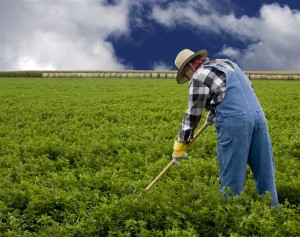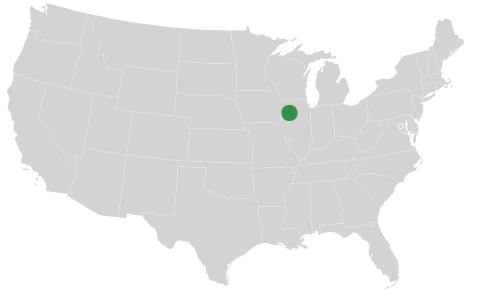 We heard from a farmer recently who had increased his total bushels by 60 per acre. Now that’s exciting. Another farmer shared with us that he was able to reduce his labor costs for watering by 50%. You can bet that put a lot more money into his pocket.
We heard from a farmer recently who had increased his total bushels by 60 per acre. Now that’s exciting. Another farmer shared with us that he was able to reduce his labor costs for watering by 50%. You can bet that put a lot more money into his pocket.
Sometimes, that old saying, “don’t fix it if it isn’t broken” is oh so true. Humus compost was used for centuries until around World War II when chemical fertilizers became more popular. Seen as the “new and better” solution, these fertilizers gained popularity until pretty recently.
You’ll probably share with me concerns about our environment. And I bet that more profit and larger crop yield is a pretty attractive idea too. That leads us straight to a humus-based composting system as a powerful solution. It doesn’t hurt to realize that modern technology makes the creation of humus compost take weeks, instead of years.
It helps to know that a humus composting system controls and regulates many soil functions, as well as plant growth. And tests have shown that the better the humus count in the soil, the healthier and more productive the soil will be. So what are the specific benefits one can expect by using humus?
1. Soil containing humus will hold moisture longer which means less water is required for crop production.
2. Humus reduces both the water and wind erosion of soil.
3. Humus amended soil produces higher quality crops and better yields than chemical fertilizer.
4. It does not harm or pollute anything – farmers who use humus in their fields reduce the use of chemicals in agriculture.
5. Humus does not burn your plants like overuse of fresh manure or chemical fertilizers do.
6. It helps keep plants healthy, even those highly susceptible to disease; and strong plants in rich soil have strong resistance to disease.
7. Humus helps produce bigger and stronger plants – faster, helping them yield more fruits, vegetables or blooms.
8. Humus is much less expensive than commercially produced chemical fertilizers.
Regardless of the program one uses in farming operations, the use of humus produces better crop yields at a fraction of the cost of chemical fertilizers, while permanently improving the soil quality of your fields.
Environmentally friendly, better for your crops, and more money in your pocket. No wonder humus composting systems have gained popularity.


